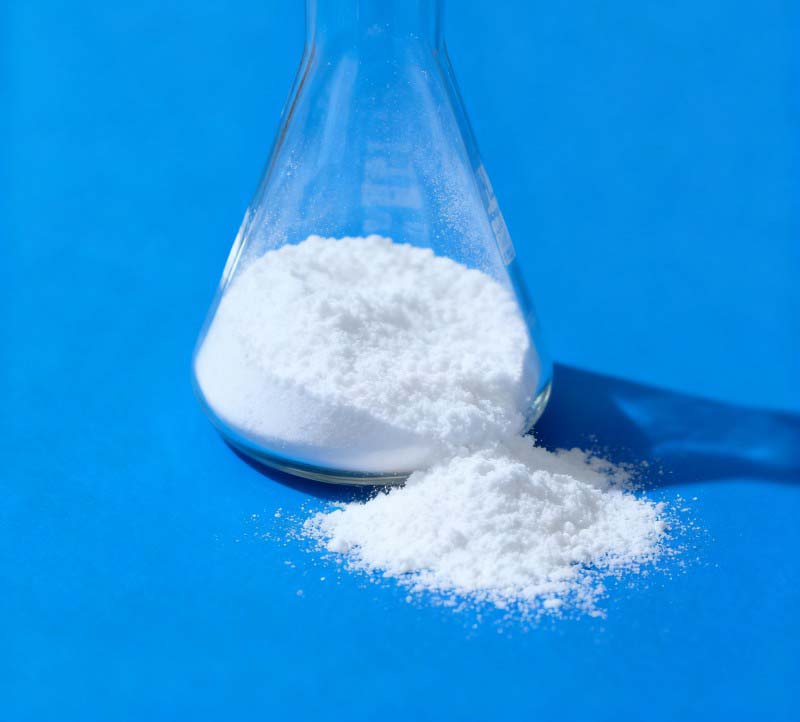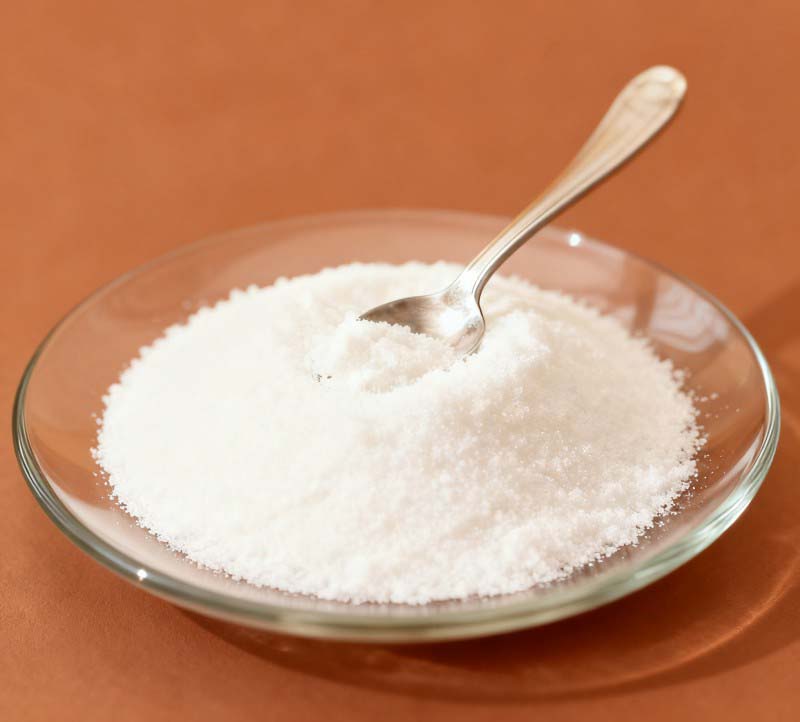Biotin: Your Comprehensive Guide to the Essential Vitamin
When you search for the English translation of “生物素,” you’re looking for more than just a word. You’re seeking a deeper understanding of what Biotin is, why it’s important, and how it can benefit you. This comprehensive guide is designed to answer all your potential questions about this essential nutrient.
Biotin, also known as Vitamin B7 or Vitamin H, is a water-soluble vitamin that is a crucial cofactor for several enzymes in the body. These enzymes are involved in fundamental metabolic processes, including:

In simple terms, Biotin helps your body convert the food you eat into the energy it needs to function.
The popularity of Biotin stems from its well-known and highly sought-after benefits, particularly for hair, skin, and nails.
Promotes Healthy Hair Growth: Biotin is most famous for its role in supporting strong, healthy hair. A deficiency in Biotin has been linked to hair loss. Therefore, adequate Biotin levels are essential for maintaining hair follicle health and promoting growth.
Strengthens Nails: Brittle, splitting nails can be a sign of nutritional deficiencies. Studies have shown that Biotin supplementation can significantly increase nail thickness and reduce splitting in people with brittle nails.

Supports Radiant Skin: Biotin plays a role in fat metabolism, which is important for maintaining healthy skin. A deficiency can lead to skin issues like red, scaly rashes. Proper Biotin levels help support the skin’s foundation, keeping it looking smooth and healthy.
Essential for Metabolic Health: Beyond beauty, Biotin is fundamental for your metabolism. It supports the nervous system and helps your body use glucose effectively, which is important for overall energy levels.
You can maintain healthy Biotin levels through a balanced diet. Excellent natural sources include:

While most people get enough Biotin from their diet, certain groups may benefit from supplementation:
